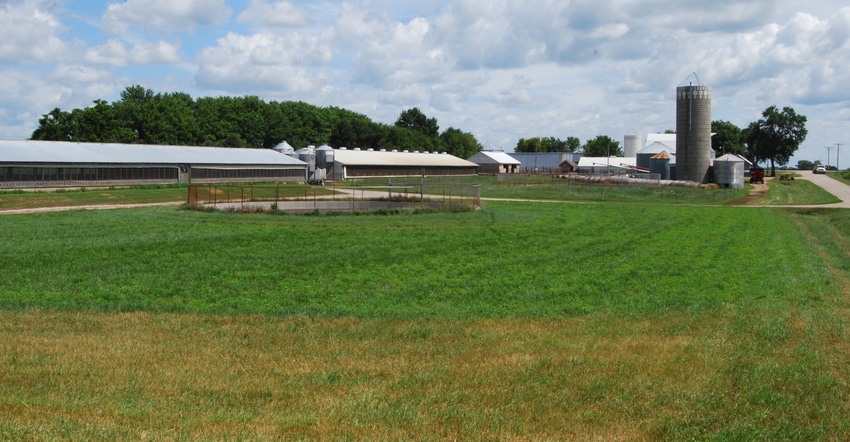April 19, 2019

Can your recordkeeping system survive a flood, fire or tornado? Losses from disasters often may include financial documents and other important papers.
“Many of us take for granted that we will never have a challenge finding our information,” says Joyce Lash, a family finance specialist with Iowa State University Extension. “We may have multiple locations in our home where we store contact information, old tax returns, medical histories, titles, insurance policies and owner’s manuals. The problem with this approach is the lack of a backup if the home is damaged.”
Workbook puts it all in one place
“Getting Organized,” from ISU Extension is a 65-page workbook with forms to guide you in recording your personal and financial information in one place. The workbook offers guidance on what records to carry in your wallet, what to keep at home, and what to keep in an alternative location, such as a safe deposit box at a financial institution. Essential financial and family information includes:
lists of financial accounts, insurance policies and credit cards
names and contact information of advisers
health and employment records
location of wills, marriage licenses, birth certificates, military discharge papers, adoption papers, etc.
home inventory
The workbook is sold as an electronic PDF file for $3 from the ISU Extension Store. “When a natural disaster or other crisis occurs, the workbook records can save time and reduce stress. Even if you haven’t reviewed and updated your workbook recently, it’s a place to start.
“Having access to a family member’s workbook can be valuable if you find it necessary to step in to conduct the medical care or financial affairs for that person. A small investment of time now, when you have access to the information and aren’t in a crisis, may result in dividends when a disaster or other emergency occurs.”
Creative ways to store the information can include scanning the completed document and uploading it to secure cloud storage or a flash drive, Lash says. The National Archives recommends following the 3-2-1 rule: make three copies, store them on two different media, and keep one copy at a different physical location. Copies of official documents should include where to obtain replacements.
Source: ISU, is responsible for information provided and is wholly owned by source. Informa Business Media and its subsidiaries aren’t responsible for any of the content contained in this information asset.
You May Also Like




